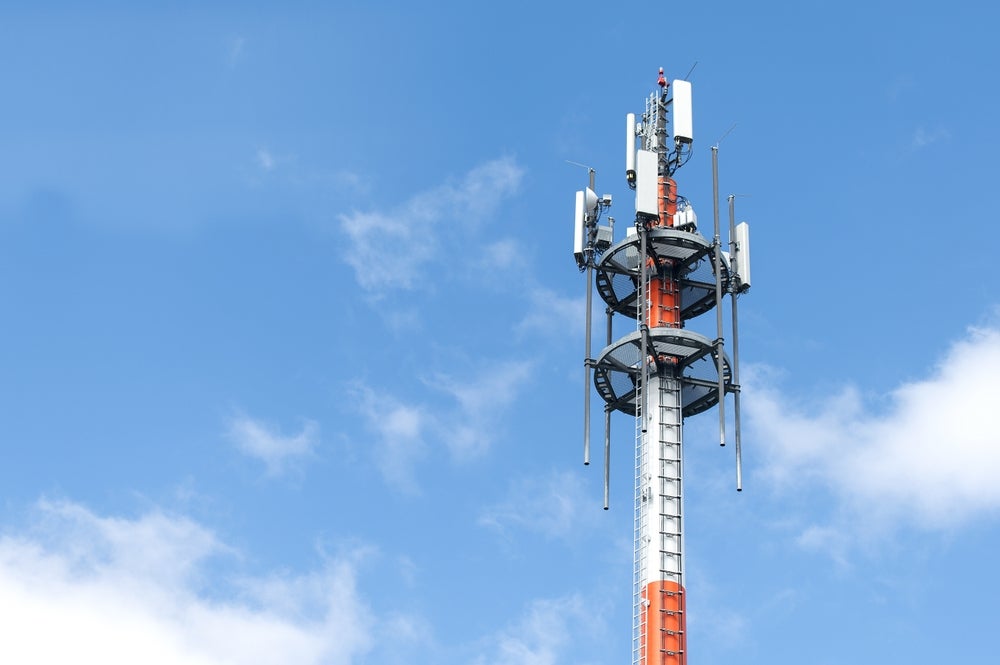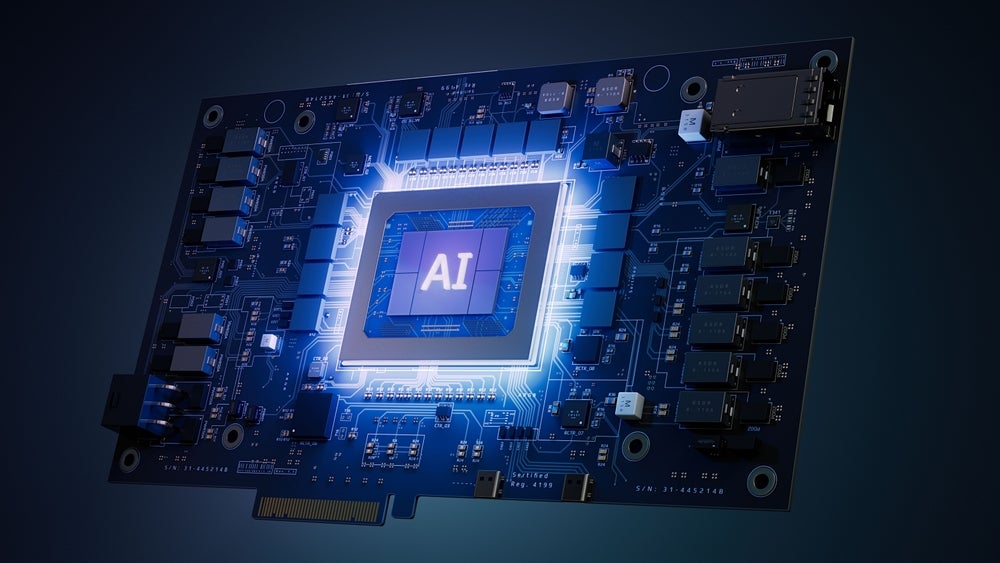Cities’ interest in digital twins focuses largely on the lofty future of this technology. As game-changing as digital twins may become, the development and proposed use of a digital twin by the London Borough of Harrow is a useful reminder that urban digital twins offer immediate, short and long-term benefits.
The London Borough of Harrow recently announced the completion of its digital twin, technology that GlobalData defines as ‘a digital representation of physical assets, systems, or processes’. By adding Cyclomedia’s LiDAR data and a high-definition street-level camera system to a pre-existing Esri Geographic Information System (GIS), the London Borough of Harrow is now able to produce a 3D visualisation of Harrow that can be viewed alongside relevant data. Virtual building/street inspection is a primary benefit offered by Harrow’s digital twin, specifically for planning applications and council tax purposes, and for monitoring the development of street works.
Urban digital twins have been touted as a disruptive technology within the smart cities market, and emphasis is typically placed on the more eye-catching transformative effects this technology promises. Wellington has been selected as a finalist in Bloomberg Philanthropies’ Global Mayors Challenge 2021 in view of its ongoing development of a digital twin, which is intended to help combat and prepare for climate change by monitoring emissions and rising sea-levels. GlobalData points out that Helsinki has also implemented a digital twin to mitigate climate change and monitor energy efficiency, while Singapore’s digital twin analyses data such as building height and rooftop surface to evaluate solar energy production potential.
Digital twins – pragmatic innovations
It is easy to see why the digital twins narrative places particular emphasis on its long-term benefits: most consider combatting climate change a more pressing issue than tightening up council tax collection. But this can result in the benefits provided in the short-term being unduly overlooked. Despite providing improvements to less flashy aspects of urban living on a smaller scale, Harrow exemplifies how digital twins can help deliver pragmatic innovations in urban administration.
The improvements also help combat Covid-19 by minimising the need for in-person building inspections, reflecting a priority of digital twins predicted by GlobalData in December 2020. Harrow demonstrates that digital twins should not be viewed only as the ultimate end-game urban initiative, but like any other technology: increasingly valuable as they are developed and improved.
Full potential still needs to be unlocked
Indeed, obstacles continue to prevent the unlocking of the full potential of urban digital twins. GlobalData points out that human error, duplicate entries, sensor faults and a lack of standardised data collection practices among organisations’ different departments often produce ‘error-prone’ enterprise data, and that ‘the insights a digital twin provides are only as accurate as the data it uses’. An extensive IoT infrastructure is, of course, essential, but is something not all cities currently have.
How well do you really know your competitors?
Access the most comprehensive Company Profiles on the market, powered by GlobalData. Save hours of research. Gain competitive edge.

Thank you!
Your download email will arrive shortly
Not ready to buy yet? Download a free sample
We are confident about the unique quality of our Company Profiles. However, we want you to make the most beneficial decision for your business, so we offer a free sample that you can download by submitting the below form
By GlobalDataAccordingly, urban digital twins remain limited by these obstacles. While they can be more eye-catching than more mundane benefits available in the short-term (like more accurate tax and planning application assessments), long-term/larger scale benefits such as simulated evacuations and green infrastructure modelling will take more time to master and develop. Harrow’s digital twin is a step in the development of this growing technology and provides meaningful benefits to residents and local government. Digital twins like Harrow’s should not be overlooked.








